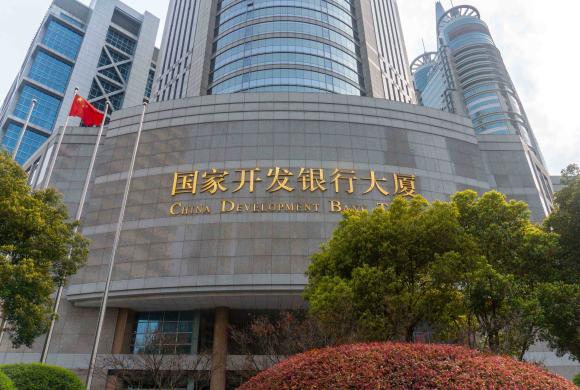#41 Chinese Civil Society in the Netherlands and Europe

This CKN report examines the emergence, structure, networks, impact, and challenges of new Chinese civil society organizations (CCSOs) in Europe, with a primary focus on the Netherlands. It explores how these organizations—distinct from traditional Chinese diaspora associations— have developed since the 2010s in response to shifting migration patterns, political pressures, and digital infrastructure. Based on 32 in-depth interviews with CCSO initiators and participants, this study provides a grounded account of the civic landscape shaped by Mainland Chinese migrants in contemporary Europe.
Key findings
1. Emergence and motivations: New CCSOs have emerged amid the rising mobility of middle-class Chinese migrants— including students, professionals, and cultural workers—who seek civic space for expression, support, and advocacy. Motivations span four main domains: interpersonal connection, adaptation to European systems, intercultural communication, and transnational advocacy.
2. Structural and operational features: These organizations vary widely in scale and formality, from officially registered NGOs to informal, volunteer-based groups. Despite their diversity, CCSOs tend to operate through decentralized, horizontal structures and emphasize flexibility, care, and internal trust over bureaucratic growth.
3. Networking: CCSOs form dense interpersonal and transnational networks through multi-role participation, shared activities, and digital platforms. Algorithmic exposure also plays a growing role in outreach. Digital media are both enabling tools and sources of risk, shaping how organizations build visibility while managing security concerns.
4. Civic impact: CCSOs contribute to social integration, civic education, and the well-being of Chinese migrants. They also reshape European perceptions of Chinese communities and participate in international human rights advocacy. Their impact extends beyond ethnic enclaves into broader civic and transnational spaces.
5. Challenges: Key barriers include limited access to funding, high turnover, political risks, difficulty navigating European institutional systems, and a shrinking civic space in increasingly nationalist host societies.
Authors:
Ming Luo is the fellow at IIAS, Leiden University. She earned her PhD in Sociology from the Chinese University of Hong Kong. Her research focuses on gender and sexuality, urban–rural migration, and bullying and violence.
Maggi W.H. Leung is Professor of International Development Studies and Chair of the Governance and Inclusive Development research group. A geographer and migration scholar by training, her research focuses on the socio-spatial impacts of migration and mobilities, particularly in peripherised and climate-affected areas.
Pál Nyiri is Professor of Global History from an Anthropological Perspective at the Vrije Universiteit, Amsterdam. His research focuses on the international mobility of emerging Chinese elites, including entrepreneurs, journalists and volunteers.
Michael Y. Liu is a lawyer and civil society activist from China. Currently he is an external PhD candidate at the Van Vollenhoven Institute for Law, Governance and Society.
China Knowledge Network
The Dutch China Knowledge Network (CKN) is a network established to involve China experts and disseminate knowledge within the government of the Netherlands and beyond.Our key task is to connect various angles of research and events to better understand China’s motives, policies and vision to develop more effective policies and better advise social partners. The secretariat of the knowledge network has been assigned to think tank Clingendael together with LeidenAsiaCentre. They will function primarily as ‘knowledge brokers’, matching the supply and demand of knowledge.




